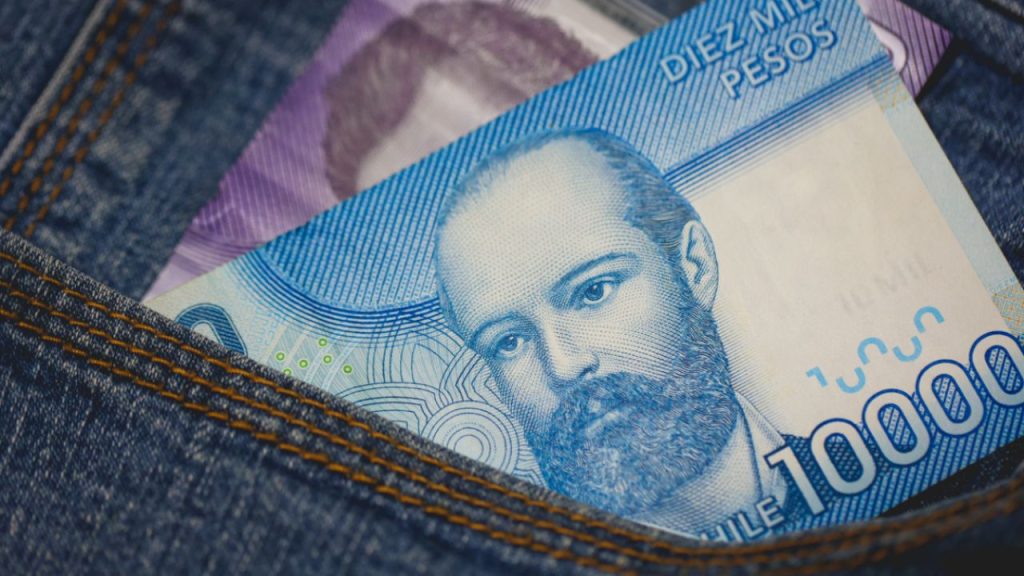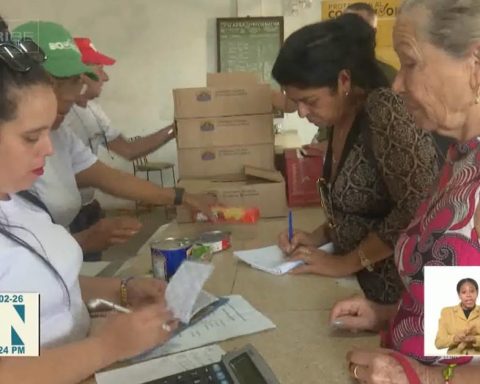Some of the resources from social programs are going to betting houses. According to a technical note prepared by the Central Bank (BC), Bolsa Família beneficiaries spent R$3 billion on bets (electronic betting companies) via Pix in August.
The survey was carried out at the request of Senator Omar Aziz (PSD-AM), who intends to ask the Attorney General’s Office (PGR) to file lawsuits to take down the pages of online betting houses until they are regulated by the federal government.
According to the BC’s technical analysis, around 5 million beneficiaries out of an approximate total of 20 million placed bets via Pix. The average spend was R$100. Of the 5 million bettors, 70% are heads of households and sent R$2 billion to bets in August alone (67% of the total of R$3 billion).
The report includes both bets on sporting events and games in virtual casinos.
The amount bet by Bolsa Família beneficiaries may be higher. The BC data only includes bets via Pix, not other payment methods such as debit and credit cards and direct electronic transfer (TED). The survey, however, only recorded the amounts sent to betting houses, not any prizes received.
The Central Bank also estimated the monthly amount spent via Pix by the population on electronic bets. The monthly volume of transfers to bets varied between R$18 billion and R$21 billion. In August alone, spending totaled R$20.8 billion, more than ten times the R$1.9 billion collected by Caixa Econômica Federal’s official lotteries.
In August, Bolsa Família paid R$14.12 billion to 20.76 million beneficiaries. The average benefit amount for the month was R$681.09.
Statements
At an event organized by a bank this morning in São Paulo, the president of the Central Bank, Roberto Campos Neto, said that transfers via Pix for betting have tripled since January, growing 200%. He expressed concern that the income commitmentmainly from poorer classes, with the bets harm credit quality, due to a possible increase in default.
“The correlation between people who receive Bolsa Família, low-income people, and the increase in bets has been quite high. We can map what Pix has done for these platforms and the growth since January has been quite high. We look at the average ticket and it has gone up by more than 200%. It is something that draws attention and we are beginning to realize that it will have an effect on defaulting at the end,” commented Campos Neto.
Last week, the Ministry of Finance announced the suspension of bets that have not requested authorization to operate in the country by September 30. At the time, Minister Fernando Haddad commented that the country is facing a pandemic of online gambling.
“[A regulamentação] has to do with the pandemic [de apostas eletrônicas] “This is a problem that is established in the country and that we have to start facing, which is the issue of psychological dependence on games,” said Haddad. “The objective of the regulation is to create conditions so that we can provide support. This has to be treated as entertainment, and any and all forms of dependence have to be combated by the State.”

















